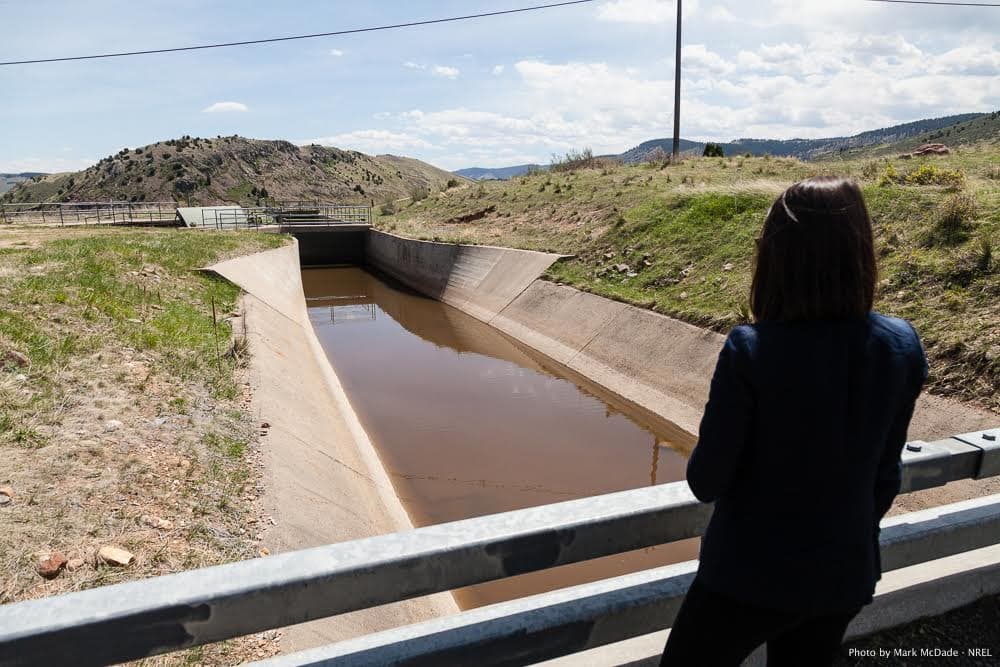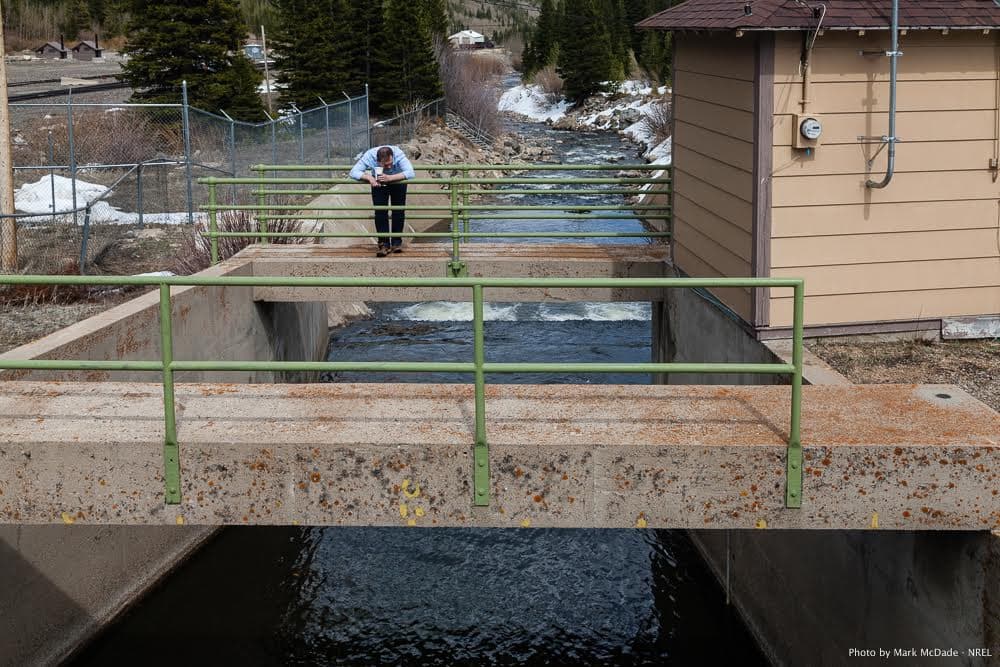
Denver Water will be one of the first utilities in the world to embrace an idea that seems so obvious you'll wonder why it's not more common.
A $330,000 prototype project will install ten hydrokinetic generators within the Denver metro water system, harvesting electricity from the shallow, slow-moving water of the South Bolder Canal above Ralston Reservoir. What's remarkable is that they don't require dams -- and other utilities are even using this technology to capture energy from water inside of municipal pipes.
There are a number of companies experimenting in this space, but Denver Water's going with a company called Emrgy, which I profiled earlier for Headwaters Magazine. Emrgy says its ace is its frictionless, low-maintenance magnetic gearing system, which is sourced in an Office of Naval Research project.

Atlanta already is using the technology to capture excess water pressure within water pipes. Eventually, the turbines could be deployed in rivers and other flows without building dams, according to CEO Emily Morris. One day, it could be useful in wind turbines, she said.
Each of Denver Water's ten new generators will be rated for 10 kilowatts. The study will begin this summer and last into the fall, and could be continued into 2018 and 2019. Eventually, the power from the generators could be used by the water utility or even sold to the electric grid.
"There are thousands of miles of canals in the United States, particularly in the Southwest, so the opportunity to tap the flow of water in those canals to generate electricity has generated a significant amount of interest from other stakeholders," according to Denver Water.
The project also is getting $270,000 from the Bureau of Reclamation and $240,000 from Oak Ridge National Lab, according to Denver Water.












